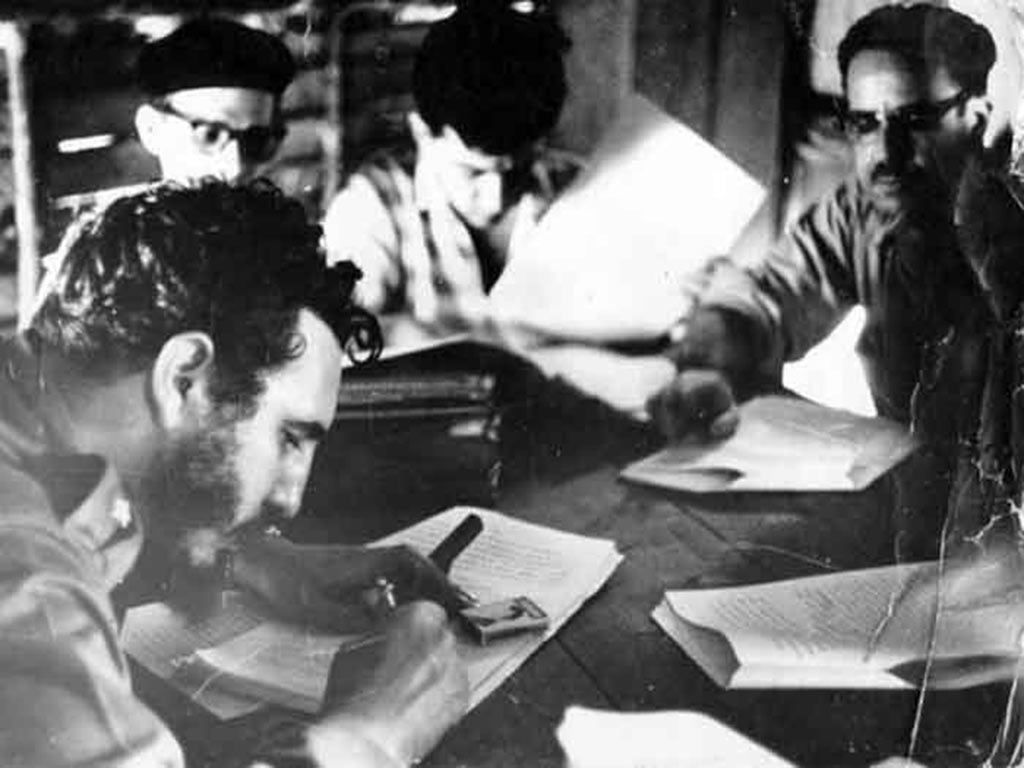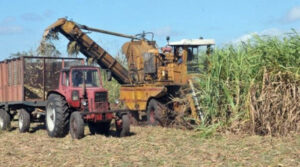Cuba celebrates today the Day of the Country Worker and the 65th anniversary of the signing of the first Agrarian Reform Law, one of the most transcendental measures adopted by the Revolution in its first stage.
According to historical notes, this law allowed Cubans to own extensions of land that were in the hands of foreign companies, mainly from the United States.
The signing of the document in 1959 by historic leader Fidel Castro, in what used to be the General Command of the Rebel Army in La Plata, Sierra Maestra, had a special symbolism because it took place on the date on which, 13 years earlier, peasant leader Niceto Pérez had been assassinated by large landowners.
The Law outlawed the latifundia with the nationalization of all properties of more than 402 hectares and gave land to tens of thousands of country workers.
The Agrarian Reform was also an elementary necessity for the economic take-off of the country, which still had semi-feudal forms of production that hindered its development.
These facts also motivated the creation of the National Association of Small Farmers (ANAP) on May 17, 1961.
Its current challenge is to increase food production to reduce the effects of the world food crisis and the economic, financial, and commercial blockade imposed by the United States on the island.
Recently, Cuban President Miguel Díaz-Canel recognized members of the peasant organization with the honorary title of Hero of Labor and the Order of May 17 for their outstanding trajectory in agricultural production.
This year, Sancti Spíritus province, in the center of the island, will be the central venue of the activities for the Day of the Country Worker.




